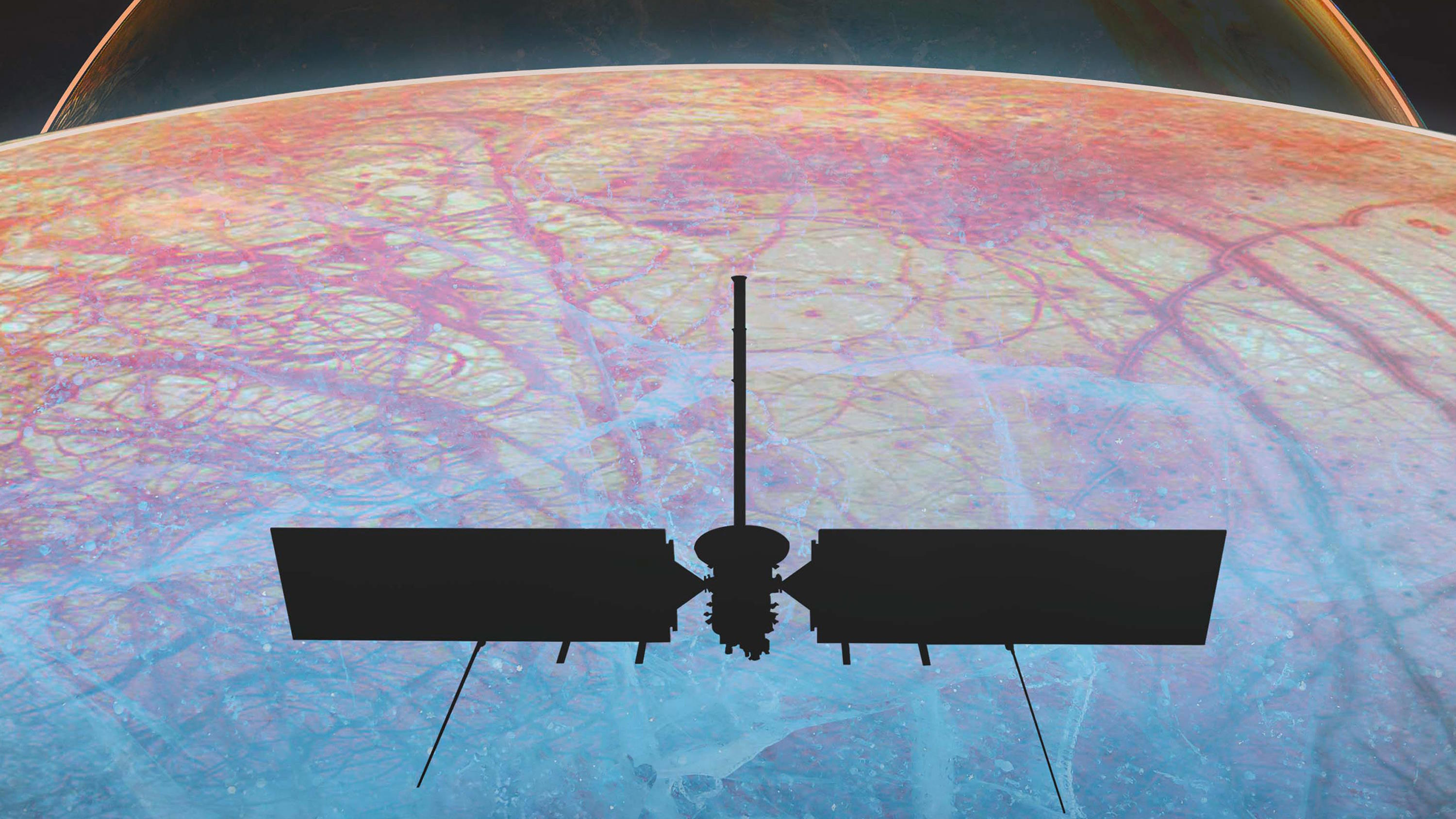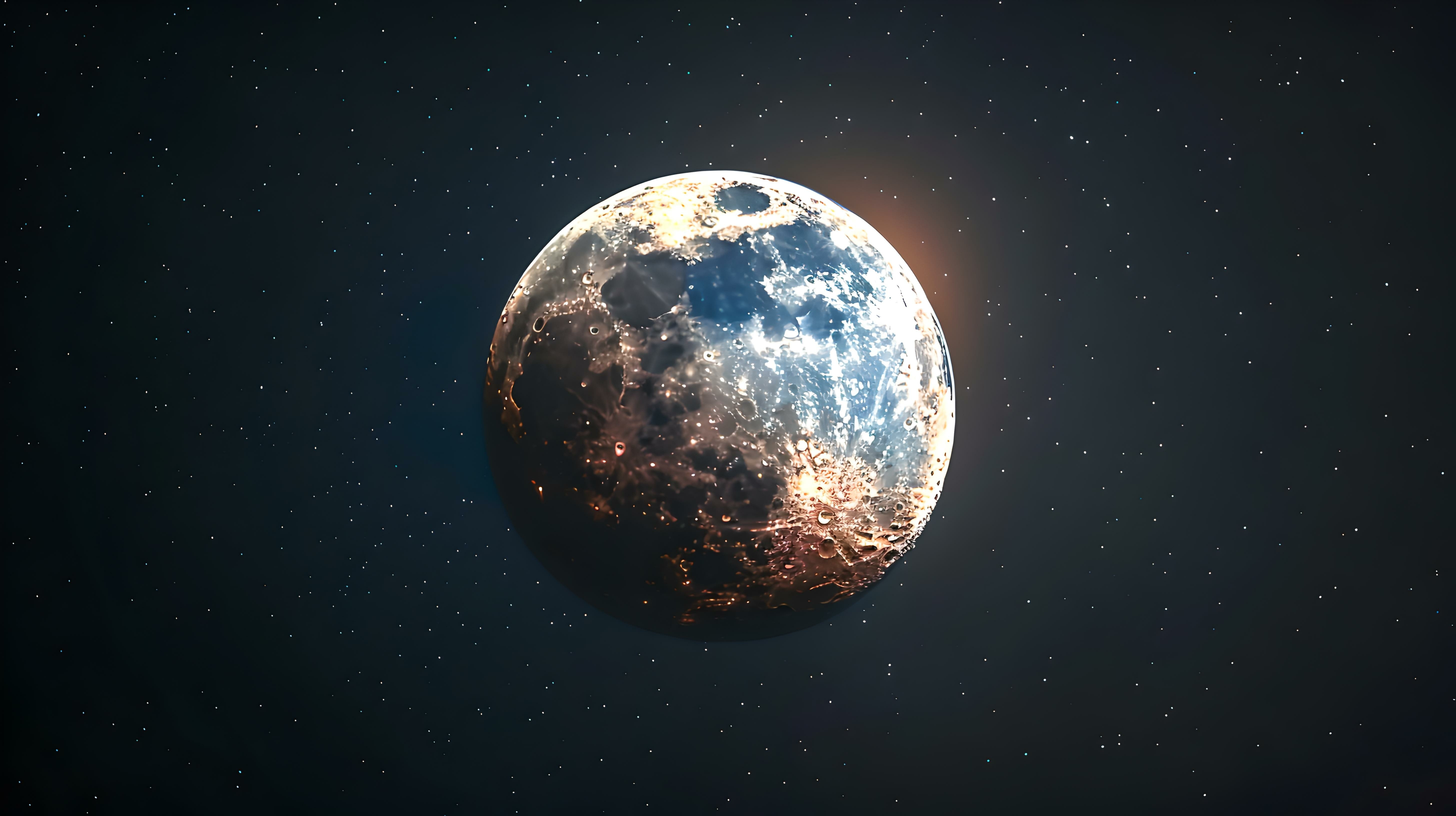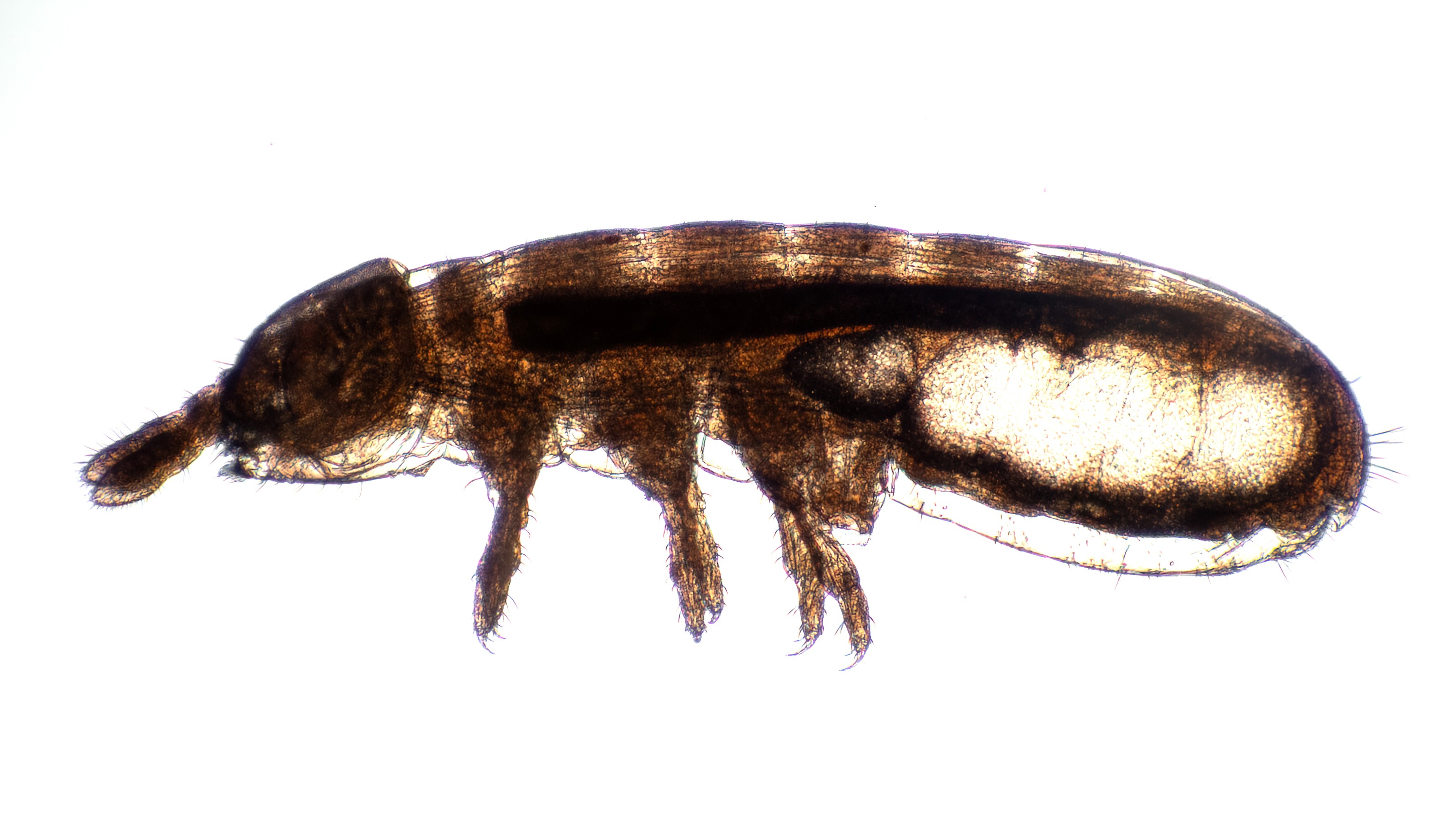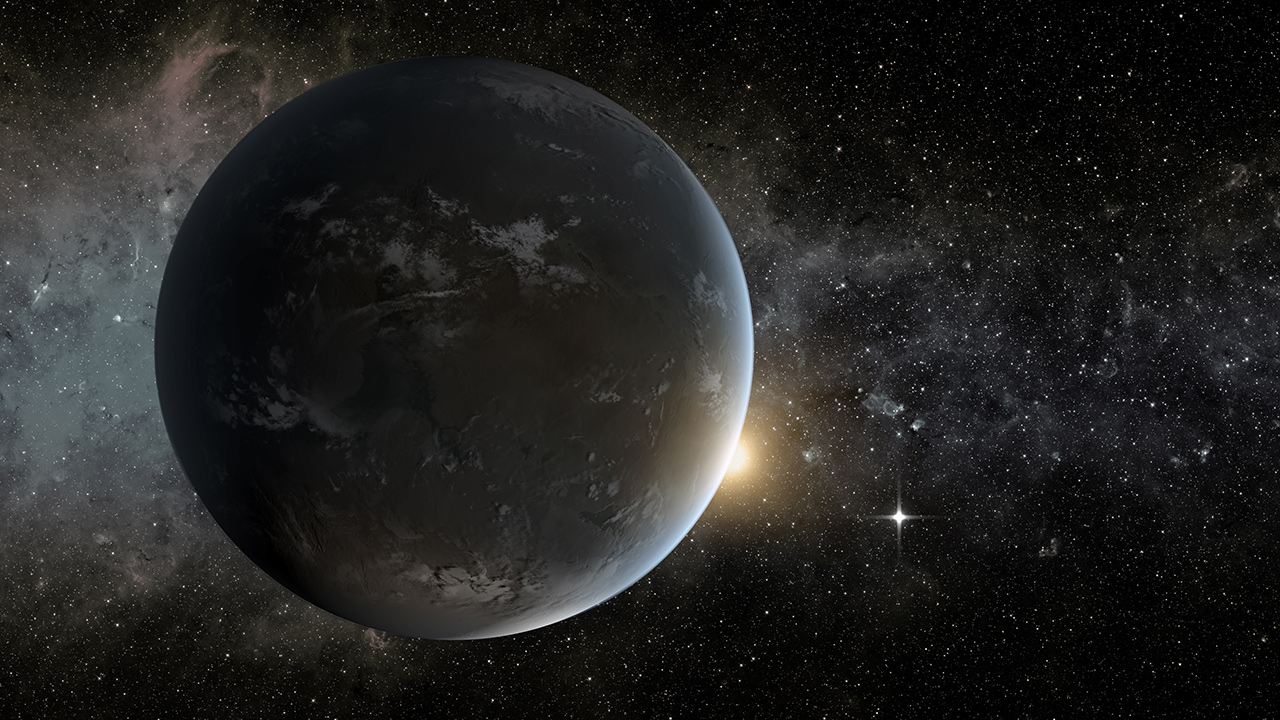The “Goldilocks” zone, astronomically speaking, is the habitable zone in a galaxy. That is where astrobiologists believe we can find liquid water and therefore the potential for life as we know it.
Bill Nye: The “Goldilocks” zone, everybody, is the habitable zone. So, for example, the planet Mercury is fantastically hot on one side and fantastically cold on the other, and at the poles there’s even ice on the planet Mercury, even though it’s relatively close to the sun. The planet Venus has so much carbon dioxide in its atmosphere, the atmosphere seems to have slowed the spin of the planet like the tides on Earth, and it rains sulphuric acid, and the surface temperature is hot enough to melt lead. At Mars, the solar wind has stripped away the atmosphere and it’s so cold. How cold is it? They—if there are any of them—not only have ice at the north and south pole, they have dry ice, they have frozen carbon dioxide like it’s your Halloween punch bowl or your birthday party hilarious comedy, bubbling gag.
So somewhere between those two is what we generally—astronomers here on Earth, astrobiologists—generally believe is what we call the habitable zone, and that’s where you can have liquid water. So the wider the habitable zone is thought to be, the farther—the bigger it is, the more planets will be included, And so then the chances of finding an intelligent system or race or beings goes higher and higher.
So before the discovery of ecosystems on the ocean floor about 30 years ago—30 years ago, not 300 years, not 3,000, three centuries ago—people discovered this whole new ecosystem on the ocean floor. There are now—people have found bacteria that live in nuclear reactors which was an unexpected result.
So if you got—if you find living things in these extraordinary places, what humans call “extremophiles,” those that love the extremes, then the possibility of life elsewhere goes—seems to go higher and higher. And I emphasize, extremophile is a human point of view. I mean, if you are a bacteria that likes radioactivity, you’d think the humans are weird, if you’re thinking. I mean, I really haven’t—I’ve spoken to the bacteria, but I haven’t heard back.
Directed / Produced by
Jonathan Fowler & Elizabeth Rodd






